Thomas Haine, IDIES Affiliate and Morton K. Blaustein Chair and Professor of Earth & Planetary Sciences, is featured in a Washington Post Article about the effect of global ocean circulation on climate, specifically the relationship between increases in atmospheric carbon dioxide and the Atlantic meridional overturning circulation (AMOC). The AMOC is a major system of currents which regulate global climate and weather. According to a new study, doubling of atmospheric carbon dioxide levels could collapse the AMOC, resulting in large and unexpected climate responses.
Moreover, the article states that many scientists do not believe the AMOC is being accurately represented in current climate projections. Stefan Rahmstorf of the Potsdam Institute for Climate Impact Research in Potsdam, Germany states that “with unmitigated emissions .?.?. the Gulf Stream System weakens on average by 37 percent by the year 2300 without Greenland melt. With Greenland meltwater this doubles to 74 percent. And a few months ago, a study with a high-resolution ocean model appeared, suggesting that the meltwater from Greenland is likely to weaken the AMOC considerably within a few decades.” He suggested that current models that don’t take Greenland meltwater into account underestimate the risk of a future AMOC collapse.
Professor Haine’s current research includes work on tracers and transport diagnostics; Arctic and Subarctic freshwater dynamics; geophysical fluid dynamics; fundamental ideas in climate sensitivity; and biophysical controls on CDOM (colored dissolved organic material).
N.B. The link to the Science Advances article in the Washinton Post article is incorrect. See below for the correct link.












